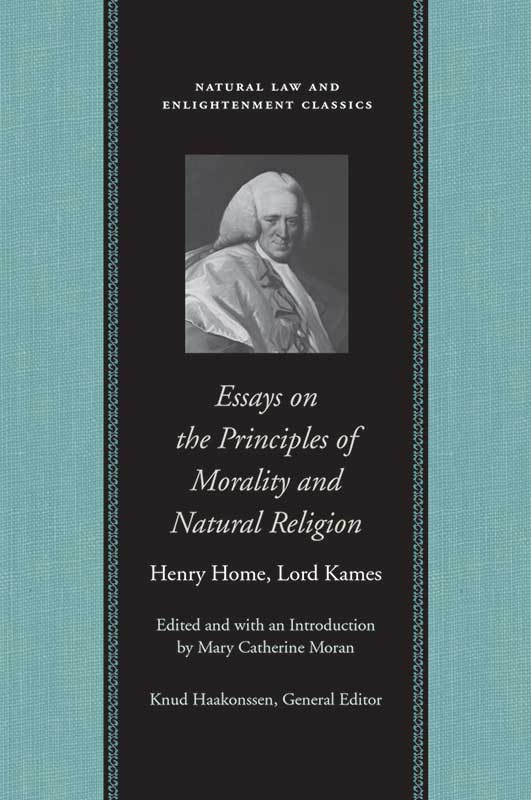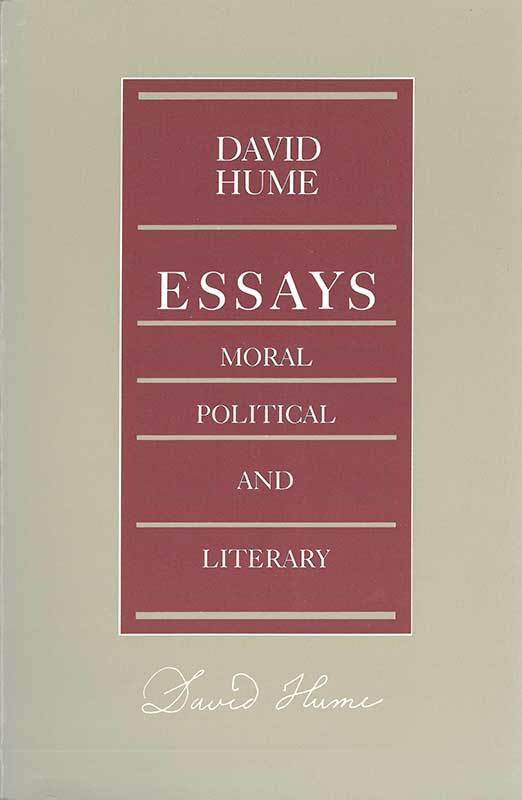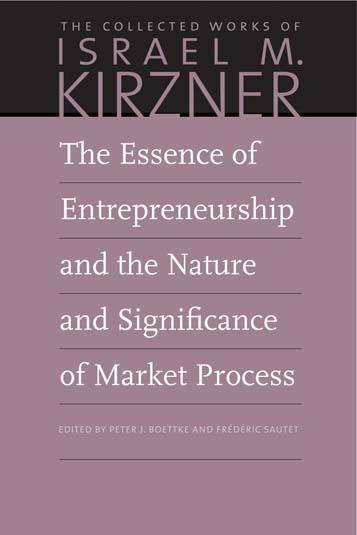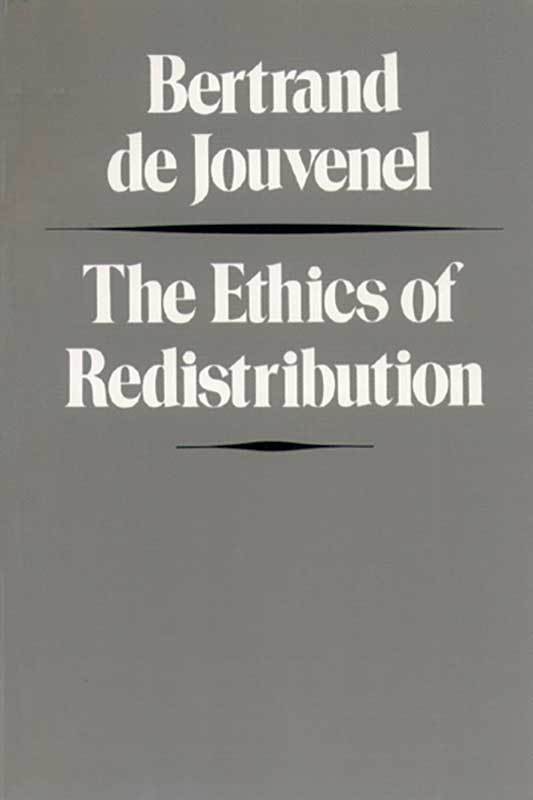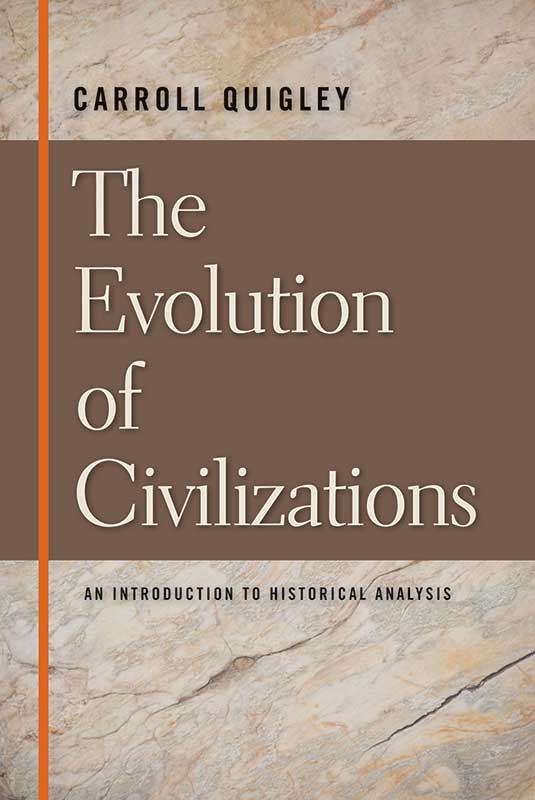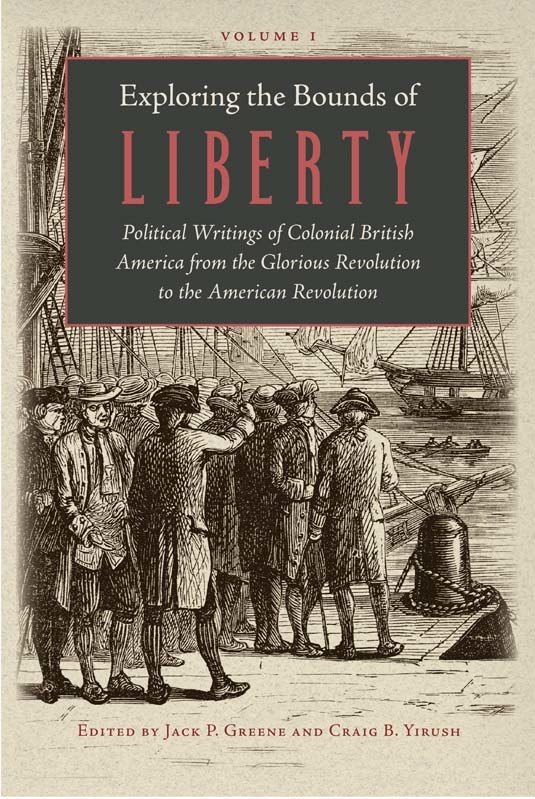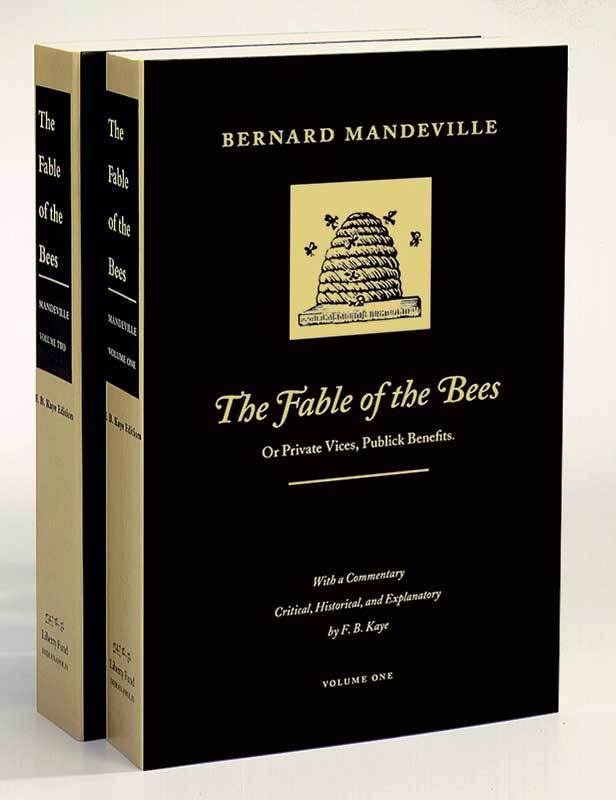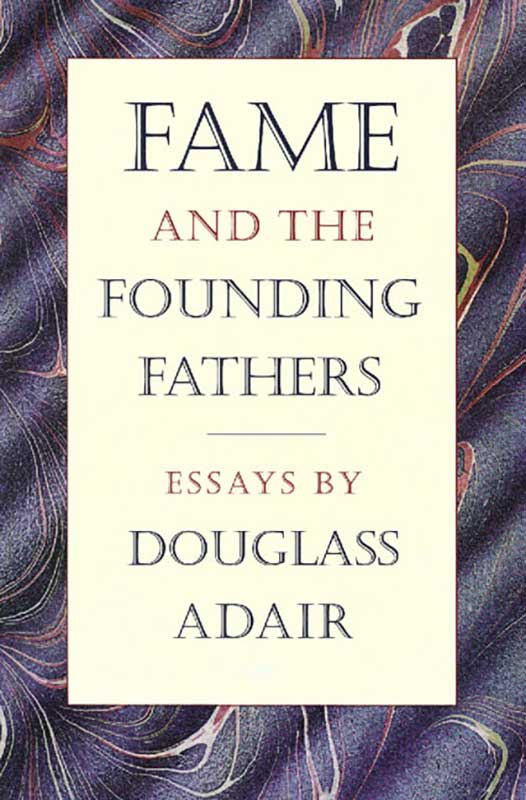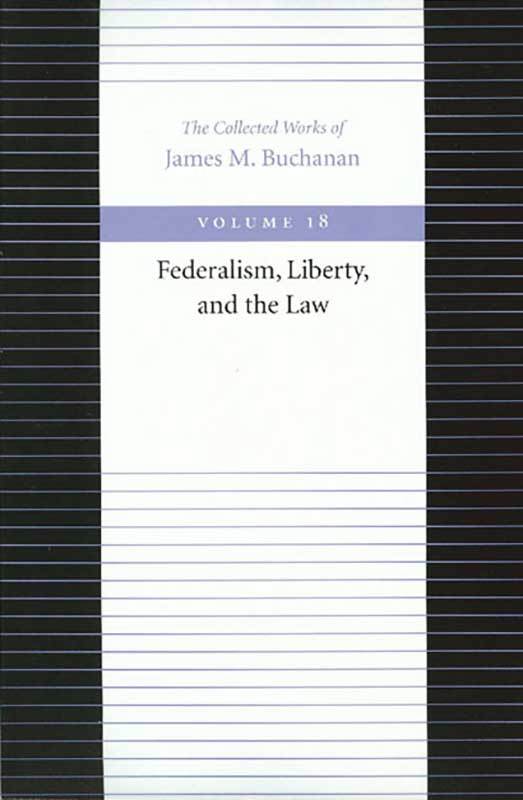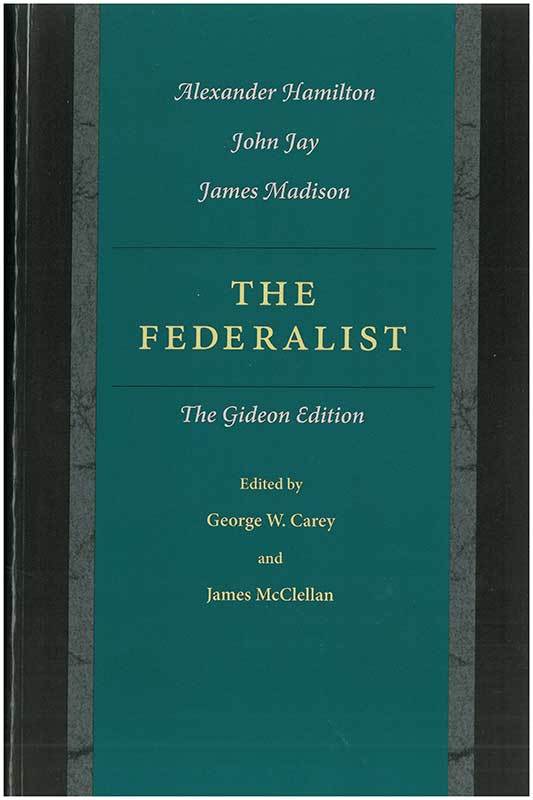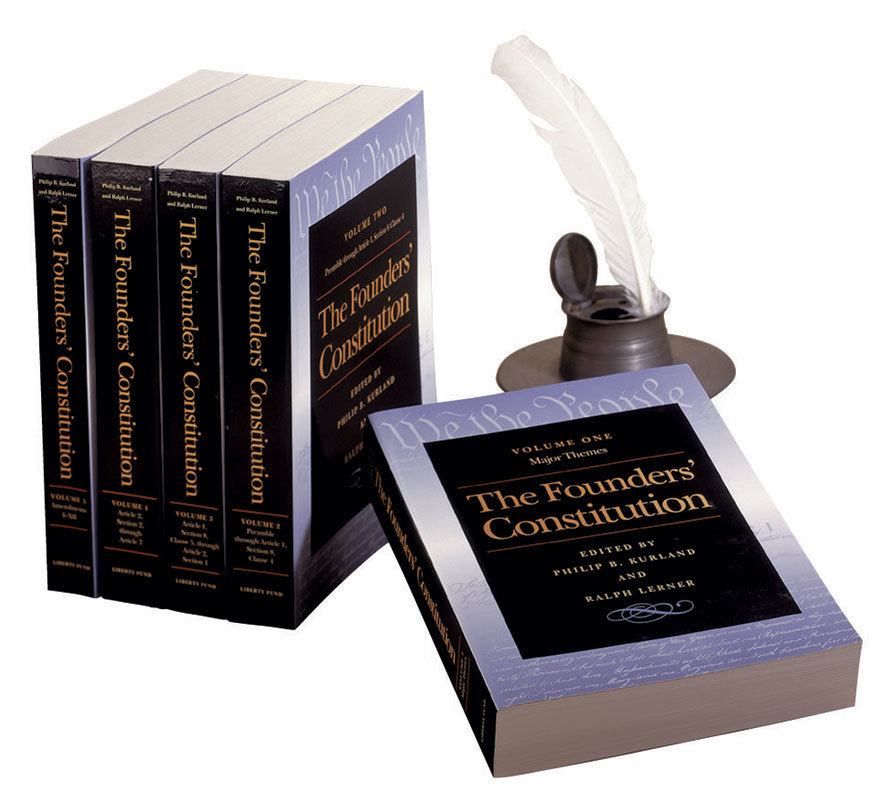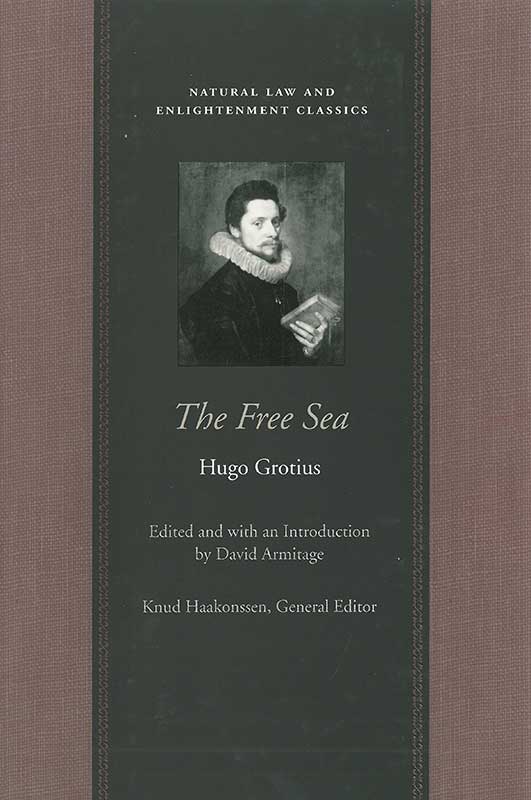For Students
-
Essays on the Principles of Morality and Natural Religion
by Lord (Henry Home) Kames
/ Learn MoreThe Essays is commonly considered Kames’s most important philosophical work. In the first part, he sets forth the principles and foundations of morality and justice, attacking Hume’s moral skepticism and addressing the controversial issue of the freedom of human will. In the second part, Kames focuses on questions of metaphysics and epistemology to offer a natural theology in which the…
-
Essays: Moral, Political, and Literary
by David Hume
/ Learn MoreThis edition contains the thirty-nine essays included in Essays, Moral, Political, and Literary that made up Volume I of the 1777 posthumous Essays and Treatises on Several Subjects. It also includes ten essays that were withdrawn or left unpublished by Hume for various reasons. Eugene F. Miller was Professor of Political Science at the University of Georgia from 1967 until…
-
The Essence of Entrepreneurship and the Nature and Significance of Market Process
by Israel M. Kirzner
/ Learn MoreThe Essence of Entrepreneurship and the Nature and Significance of Market Process is a continuation of the discourse started in Kirzner’s earlier work, Competition and Entrepreneurship, expanding upon his ideas about entrepreneurship and entrepreneurial alertness. Essence presents most of the detailed research Kirzner has done on the nature of entrepreneurship and the entrepreneurial process in the decades following the publication…
-
The Ethics of Redistribution
by Bertrand de Jouvenel
/ Learn MoreIn this concise and elegant work, first published in 1952, Bertrand de Jouvenel purposely ignores the economic evidence that redistributional efforts sap incentives and are economically destructive. Rather, he stresses the commonly disregarded ethical arguments showing that redistribution is ethically indefensible for, and practically unworkable in, a complex society. Bertrand de Jouvenel was an author and teacher, first publishing On…
-
The Evolution of Civilizations
by Carroll Quigley
/ Learn MoreCarroll Quigley was a legendary teacher at the Georgetown School of Foreign Service. His course on the history of civilization was extraordinary in its scope and in its impact on students. Like the course, The Evolution of Civilizations is a comprehensive and perceptive look at the factors behind the rise and fall of civilizations. Quigley examines the application of scientific…
-
Exploring the Bounds of Liberty
by Jack P. Greene and Craig B. Yirush
/ Learn MoreExploring the Bounds of Liberty presents a rich and extensive selection of the political literature produced in and about colonial British America during the century before the American Revolution. Most colonial political pamphlets and broadsides were printed in London, but even in the mid-seventeenth century some writings were published in New England, which then had the only printing presses in…
-
The Fable of the Bees
by Bernard Mandeville
/ Learn MoreIt used to be that everyone read the “notorious” Bernard Mandeville (1670–1733). He was a great satirist and came to have a profound impact on economics, ethics, and social philosophy. The Fable of the Bees begins with a poem and continues with a number of essays and dialogues. It is all tied together by the startling and original idea that…
-
Fame and the Founding Fathers
by Douglass Adair
/ Learn MoreThe fifteen articles, essays, notes, and documents gathered in this collection are a permanent contribution to study of the American founding. As teacher, critic, and editor of the William & Mary Quarterly, Adair demonstrated what Trevor Colbourn—one of his principal students—describes as an “extraordinary ability to enter empathetically into the experience and ideology of the Founding Fathers while at the…
-
Federalism, Liberty, and the Law
by James M. Buchanan
/ Learn MoreAs diverse as the papers presented in this volume may seem at first glance, all of them touch on two characteristic themes of James Buchanan’s work: the respect for individual sovereignty and the threat of monopoly power on the rights of the individual. In his foreword, Hartmut Kliemt says, “As opposed to more extreme and more utopian libertarians, [Buchanan] well…
-
The Federalist
by Alexander Hamilton, John Jay, and James Madison
/ Learn MoreThe Federalist, by Alexander Hamilton, James Madison, and John Jay, constitutes a text central to the American political tradition. Written and published in newspapers in 1787 and 1788 to explain and promote ratification of the proposed Constitution for the United States, which were then bound by the Articles of Confederation, The Federalist remains of singular importance to students of liberty…
-
The Founders’ Constitution (5 vol set)
by Philip B. Kurland and Ralph Lerner
/ Learn MoreA triumph of primary-source research, The Founders’ Constitution is a brilliant five-volume series that presents “extracts from all the leading works of political theory, history, law, and constitutional argument on which the Framers and their contemporaries drew and which they themselves produced.” The documentary sources and inspirations of The Founders’ Constitution reach to the early seventeenth century and extend through…
-
The Free Sea
by Hugo Grotius
/ Learn MoreLiberty Fund’s edition of The Free Sea is the only translation of Grotius’s masterpiece undertaken in his own lifetime, left in manuscript by the English historian, Richard Hakluyt (1552–1616). It also contains William Welwod’s critique of Grotius (reprinted for the first time since the seventeenth century) and Grotius’s reply to Welwod. These documents provide an indispensable introduction to modern ideas…
35% OFF YOUR ENTIRE BOOK PURCHASE
With promo code:
FALL2025
Expires October 31, 2025

